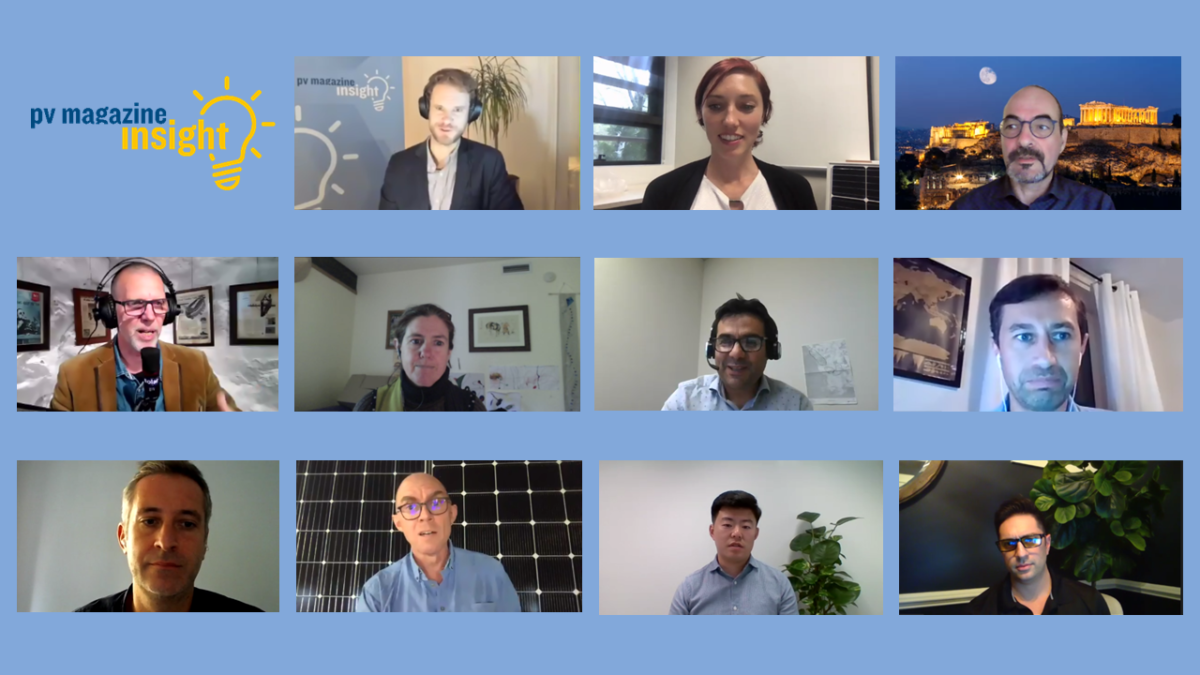You recently took part in pv magazine Insight on Quality event. Module degradation and residential rooftop systems were very much in focus – but there wasn’t the time to address the hot topic of distributed battery storage. How are you seeing residential battery demand in 2020?
For offgrid there is definitely good demand, but for ongrid demand is not that flash. When I compare it to the numbers, from the Baywa Group, from Germany or Switzerland it is still weak here.
When you say offgrid, what kind of properties are these?
Houses, mainly remote houses. We are selling a few of these offgrid systems per week. And while they might be small in numbers, some systems can be large, not just 15 kWh batteries, but three or four into one system. They are mainly replacing diesel gensets.

Photo: Baywa r.e. Solar Systems
We were talking system quality during our event, do you have concerns when it comes to battery storage?
We are seeing quality issues in some old lead-acid batteries, and from one supplier that was very, very popular – particularly in mining applications. And that is where you see problems in working out what has gone wrong, the battery manufacturer blames the BMS [battery management system], and the BMS guys say, “no we don’t have a problem.” But sometimes, we analyse the data and it’s true, the battery is failing.
We have given up on lead-acid, just stopped doing it because it’s too hard. We just use lithium ion these days. But I fear something that is going to come at us in the future. I do worry.
And why is that?
Well, you can look back at LID [Light Induced Degradation, in PV modules] – it was an unknown phenomenon only a few years ago. I think with batteries we might see similar things. There are chemical things happening that you can’t find out in an accelerated test. It needs time – 10 years in the field is 10 years. There will be processes happening in that battery that we perhaps just don’t know about, and then it will come down to how problems will be proven – will it be kWh measurements and what is the role of BMS systems?
Battery degradation is one thing, but there will be battery fires if mistakes are made. Battery quality is going to be a massive issue.
Turning back to demand, what do you think would help accelerate demand for residential batteries?
I think the batteries for households are charged at a premium. If you consider that a car [an EV] has a 40 kWh battery inside and you can buy that car for $60,000. For residential batteries, the price point is more like $600-$800/kWh fully installed today. If that price was to drop to $300/kWh then we would easily double the volume. That’s why we’re at US$24/W for resi solar, it’s volume driven.
Parallel to that installers and retailers need to learn and understand how to sell battery storage. I spend a lot of my time, when customers come in, explaining which battery should be used, whether it should be AC or DC coupled, does it do backup, and so often they don’t understand the finer details.
How can that be turned around?
A good example is the Gen24 Plus [hybrid inverter| from Fronius, which has given batteries a bit of a boost. We had 20 of the 10 kWh and we sold those 20 within two weeks. I think a lot of people were waiting for them. The Fronius hybrid has an integrated backup functionality and it works with BYD batteries.
I think Fronius is an extremely popular product in this country. What I feel that is because they have a good following among the installers and are good at explaining the product, then the installers can sell batteries.
But what do you make of the argument that battery storage is inevitable, as rooftop PV gets to the penetration level that more installations won’t be allowed or will be made financially unattractive due to tariff structures, unless you couple it with battery storage?
That part I agree with. It will be the driving force behind storage – if you want solar you are going to have to have storage. I think, and have done for years now, that the STC system should be targeted towards solar and storage. I think if you’re installing a normal rooftop solar system you perhaps shouldn’t get the STC. But without that, whether we’re going to see residential batteries at the massive scale, I just don’t know.
The full video of the Insight on Quality session is available on YouTube.
This content is protected by copyright and may not be reused. If you want to cooperate with us and would like to reuse some of our content, please contact: editors@pv-magazine.com.









By submitting this form you agree to pv magazine using your data for the purposes of publishing your comment.
Your personal data will only be disclosed or otherwise transmitted to third parties for the purposes of spam filtering or if this is necessary for technical maintenance of the website. Any other transfer to third parties will not take place unless this is justified on the basis of applicable data protection regulations or if pv magazine is legally obliged to do so.
You may revoke this consent at any time with effect for the future, in which case your personal data will be deleted immediately. Otherwise, your data will be deleted if pv magazine has processed your request or the purpose of data storage is fulfilled.
Further information on data privacy can be found in our Data Protection Policy.